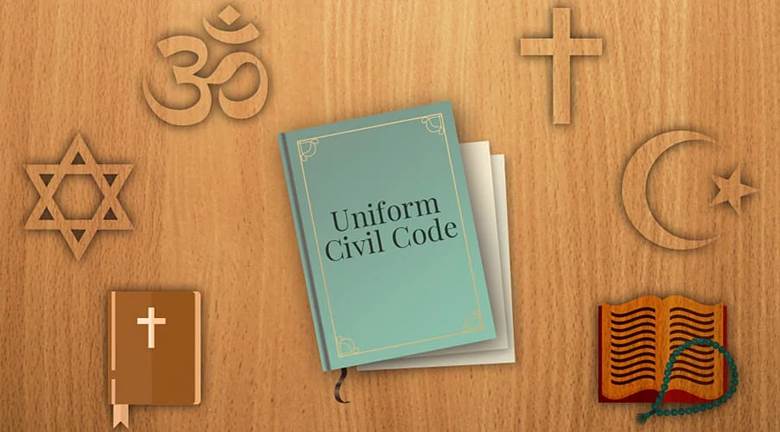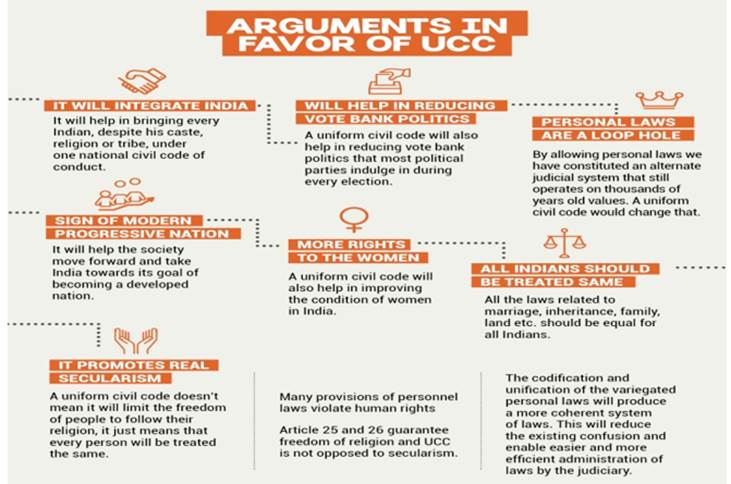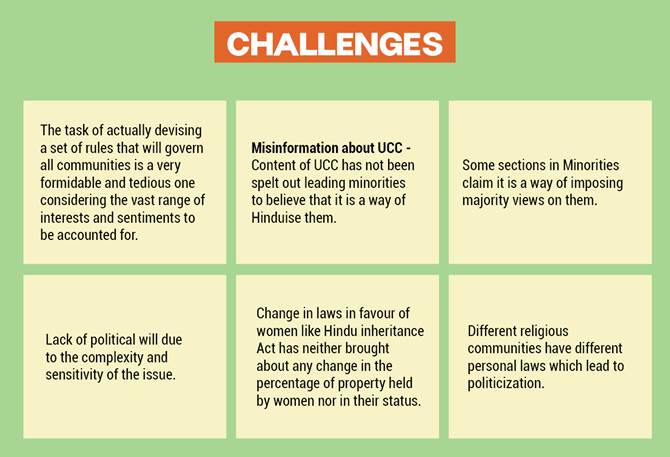Free Courses Sale ends Soon, Get It Now


Free Courses Sale ends Soon, Get It Now



Copyright infringement not intended
In News
About Uniform Civil Code
Origin of Uniform Civil Code
Arguments in Favour of the Uniform Civil Code

Copyright infringement not intended
Arguments against Uniform Civil Code

Copyright infringement not intended
21st Law Commission on Personal Law
.jpg)
Way Forward
https://epaper.thehindu.com/Home/ShareArticle?OrgId=GL6AK6JI6.1&imageview=0
https://t.me/+hJqMV1O0se03Njk9
© 2024 iasgyan. All right reserved